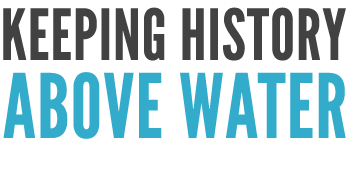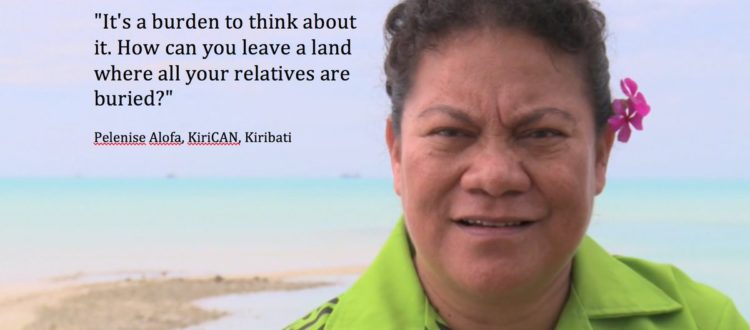Voices from the Field
Anna Woodham
Talking about climate change and saving heritage has been Dr. Anna Woodham‘s focus for the past two years. Woodham, a lecturer in Arts and Cultural Management at Kings College London, has a background in policy and museum practice, and uses this expertise to approach issues of climate education and adaption, including the conference featured in our previous post. Read on to hear from Woodham on how climate change has changed her personal and professional life.
How did you first become interested in climate change?
My first conscious understanding that earth is a fragile place and that humans are having a profound impact upon it came as a child when I was watching my father pack for a family holiday in the late 1980s. Holding a can of deodorant he was about to pack, he started explaining about CFCs, aerosols and damage to the ozone layer. This memory has stayed with me for a long time, even though climate change discussions have moved on a great deal. In 2015 I started research into heritage and climate change, this was prompted largely by reading the work of Professor Caitlin DeSilvey (University of Exeter, UK). Her article ‘Making sense of transience: an anticipatory history’, in particular gave me a framework for thinking about climate change, temporalities and impermanence in relation to cultural heritage and museums. I also met a group of like-minded researchers at a funding council event for Early Career Researchers and this got the ball rolling!
Can you tell us a little bit about the projects you are currently working on?
I am working on two collaborative research projects funded by the UK Arts and Humanities Research Council (AHRC):
- Troubled Waters Stormy Futures: Heritage in times of accelerated climate change. The objective of this interdisciplinary research is to draw upon and synthesise disciplinary perspectives and knowledge, ideas and methods in order to advance a deeper understanding of the concept of ‘heritage loss’ at the local, national and international level . The project focuses on case studies in Cornwall, North Wales and the Pacific Island Nation of Kiribati as well as interviews with UK based museum and heritage organisations. Sara Penrhyn Jones, the principal investigator, dives into some of these issues and brings together some voices of climate change in her film on Kiribati.
- Enduring connections: Enduring change. This project aims to strengthen and lobby for the presence of arts and humanities disciplines, and heritage in particular, in addressing global challenges such as sustainable development and climate change for the benefit of the most challenged countries. By extending our previous research in Kiribati, we aim to explore how cultural organisations are projecting and ‘protecting’ Kiribati culture now, and whether there are plans for a climate-changed future, which could include wholesale displacement by the end of this century, we will explore- abstractly, practically and ethically- the scope and limitations of what can be ‘saved’ for the future.
Across these projects I have been lucky enough to collaborate with film maker Sara Penhryn Jones (Bath Spa University, UK), Dr Bryony Onciul (University of Exeter, UK), and Professor Kate Rigby (Bath Spa University, UK) as well as other partners both in the UK and overseas.
Why are you doing this work?
I am interested in how the role of museums and heritage organisations changes over time and in particular, asking potentially challenging question such as: what is the role that these organisations play in climate change discussions? I hope that by exploring this through the use of interdisciplinary research methods that we can better understand the relevance of cultural heritage in contemporary society.
Where do you see museums fitting into climate change action?
I personally think that museums and heritage organisations (regardless of size, collection, location, funding etc.) are ideally placed to act as spaces for open discussion on the challenges and issues that we face as a common humanity. This sounds potentially very straightforward, but I know that it is in fact complex and full of interesting challenges and issues.


